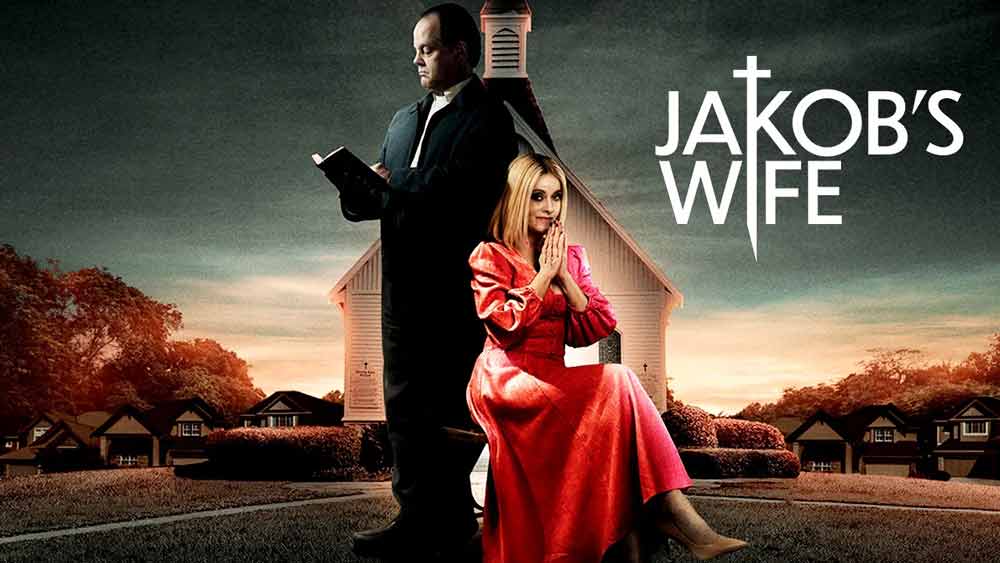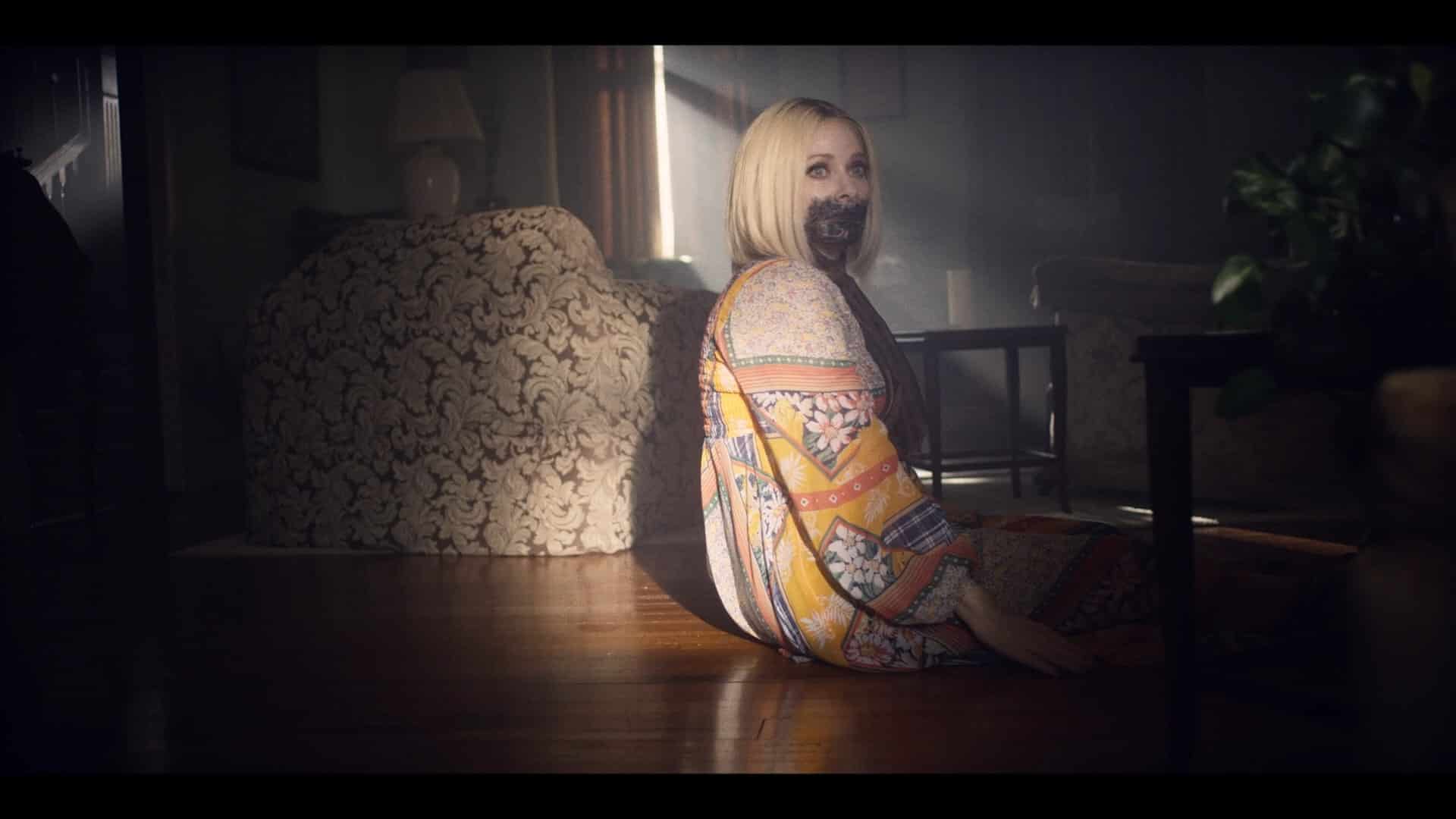“Jakob’s Wife” is a gripping horror film that delivers more than just chills; it explores complex themes that delve into personal empowerment, societal norms, and the dynamics of marriage. As viewers watch the transformation of the protagonist, Anne Fedder, they are invited to reflect on the deeper messages woven into the narrative.
The Search for Personal Identity
At the core of “Jakob’s Wife” lies the theme of personal identity. Anne, portrayed with nuance and depth, experiences a profound transformation that challenges her understanding of herself. Her journey represents the struggle many face when trying to carve out a personal identity amidst societal and marital expectations. This theme resonates with anyone who has ever felt overshadowed by the roles they are expected to play, whether as a spouse, parent, or community member.
Jakob’s Wife: Empowerment and Liberation
A significant aspect of the film is Anne’s quest for empowerment. Her transformation is both literal and metaphorical, symbolizing a breakaway from the constraints that have long held her back. This theme is particularly powerful as it mirrors real-world struggles for autonomy and self-realization. The film cleverly uses horror elements to emphasize Anne’s newfound strength, illustrating that empowerment often requires confronting one’s fears and the unknown.
The Dynamics of Marriage
“Jakob’s Wife” also delves into the intricacies of marital relationships. The film portrays the evolving dynamic between Anne and her husband, Jakob, as they navigate the changes brought about by Anne’s transformation. This exploration of marriage highlights themes of communication, power balance, and the necessity of mutual respect and understanding. The film poses critical questions about how well partners truly know and support each other, especially in the face of drastic change.
Jakob’s Wife: Societal Expectations
Another theme that “Jakob’s Wife” tackles is societal expectations. The film critiques the roles imposed by society, particularly on women, and how these roles can stifle personal growth and happiness. Anne’s transformation challenges these expectations, offering a commentary on the pressures to conform and the liberation that comes from rejecting those pressures. This theme is universal, encouraging viewers to reflect on their own lives and the societal norms they face.
Conclusion
“Jakob’s Wife” is more than just a horror film; it is a thought-provoking exploration of themes that are both timely and timeless. By addressing issues of personal identity, empowerment, marriage dynamics, and societal expectations, the film invites viewers to consider their own experiences and beliefs. It encourages a dialogue about the roles we play and the freedom that comes from embracing one’s true self. For those interested in films that blend horror with meaningful commentary, “Jakob’s Wife” is a must-watch.


